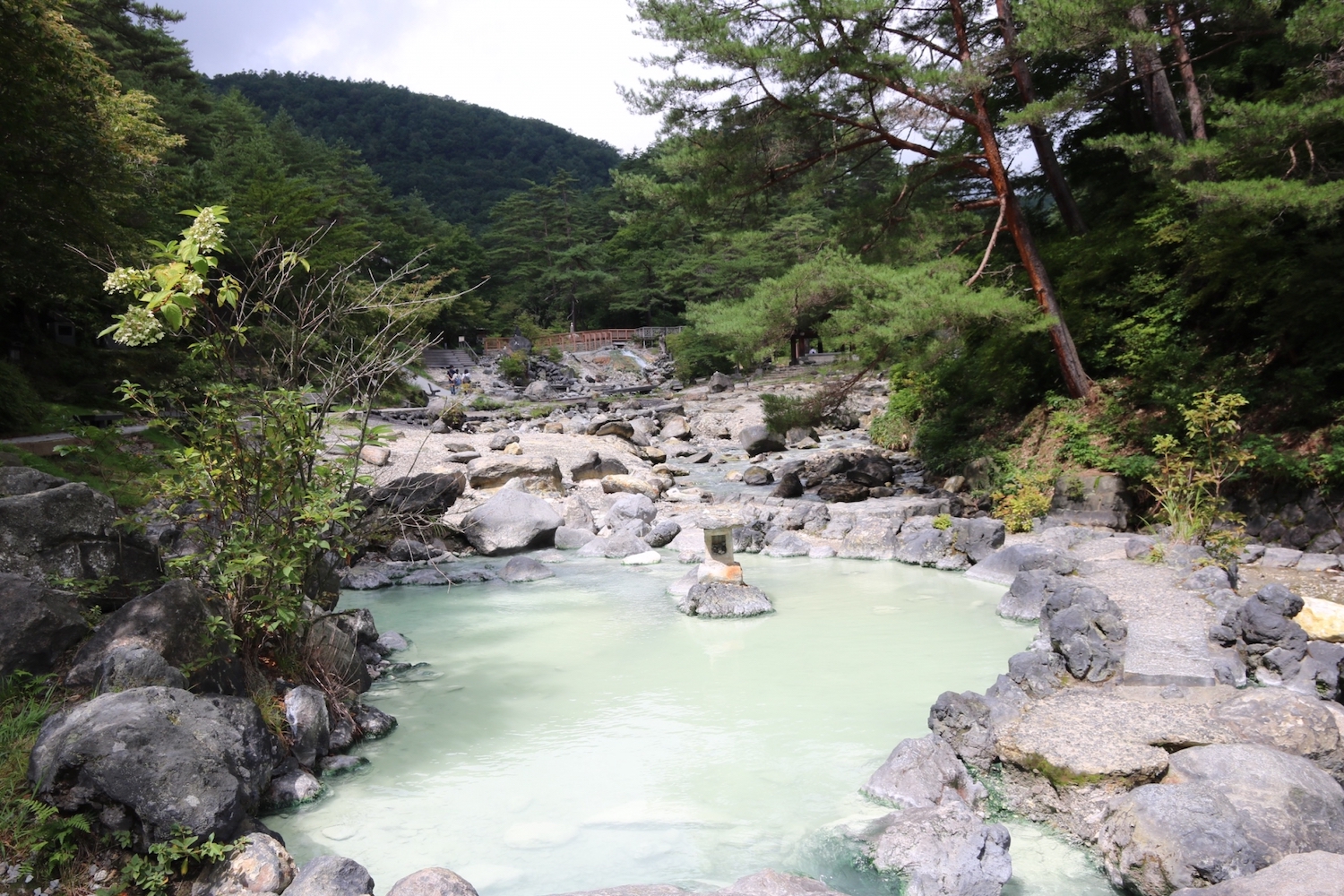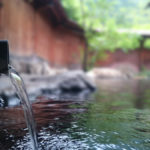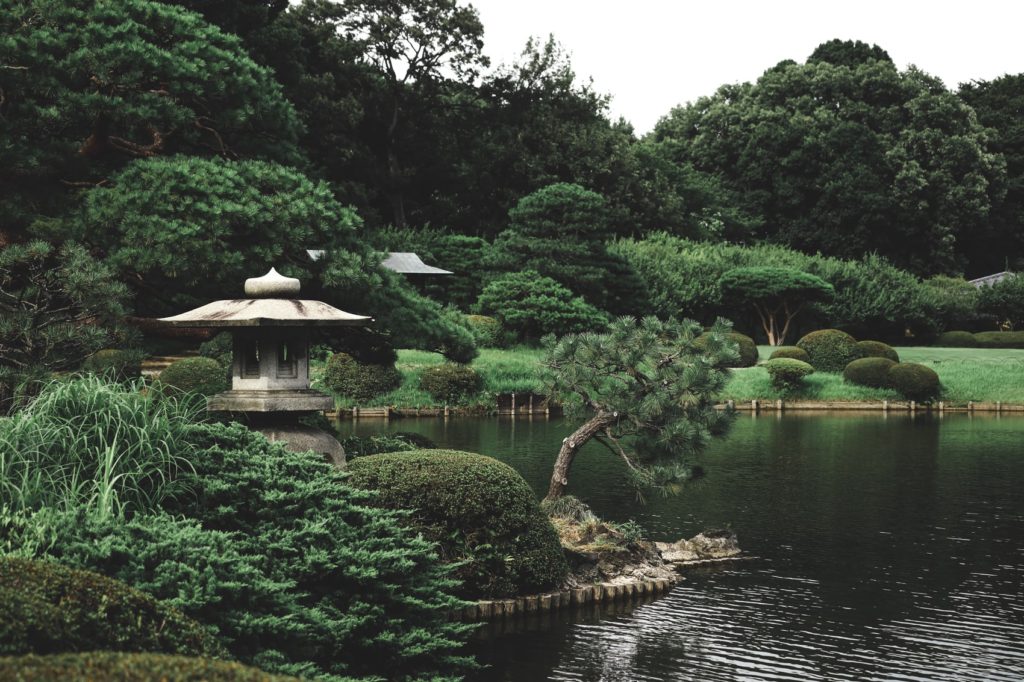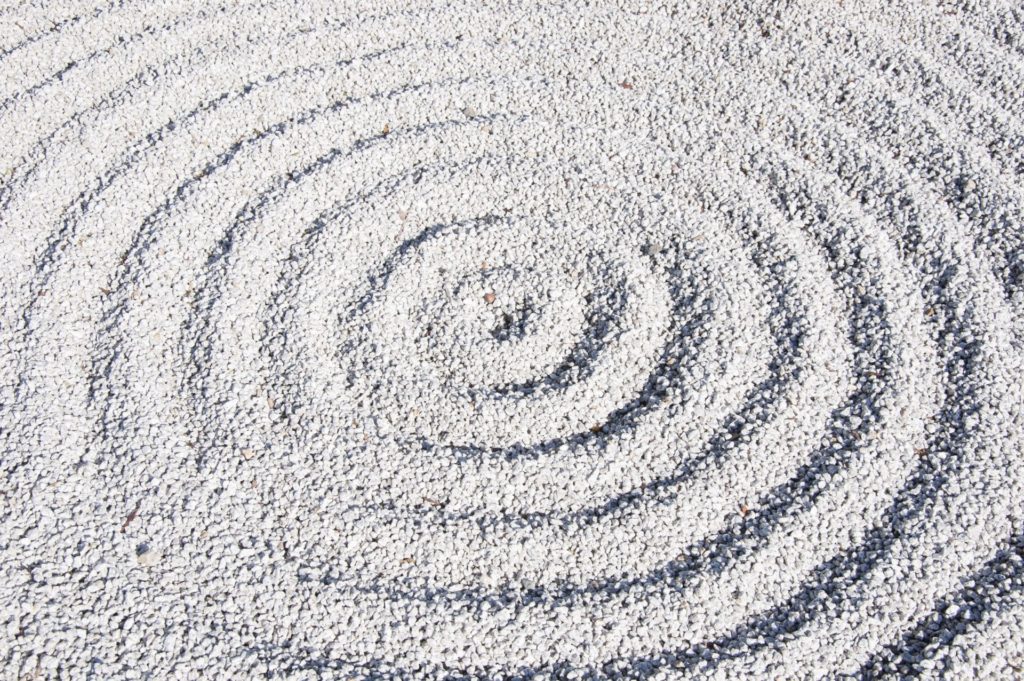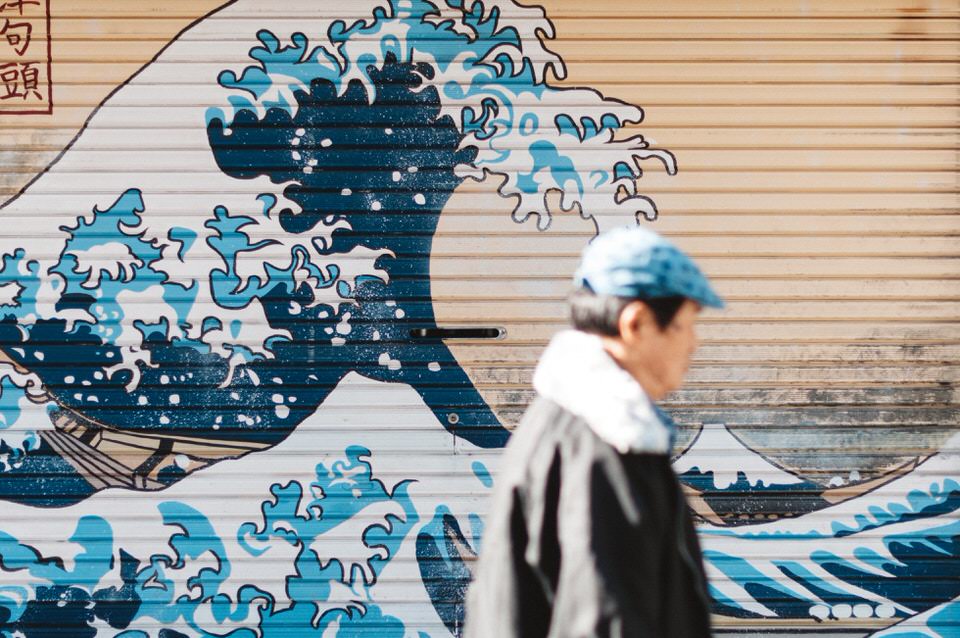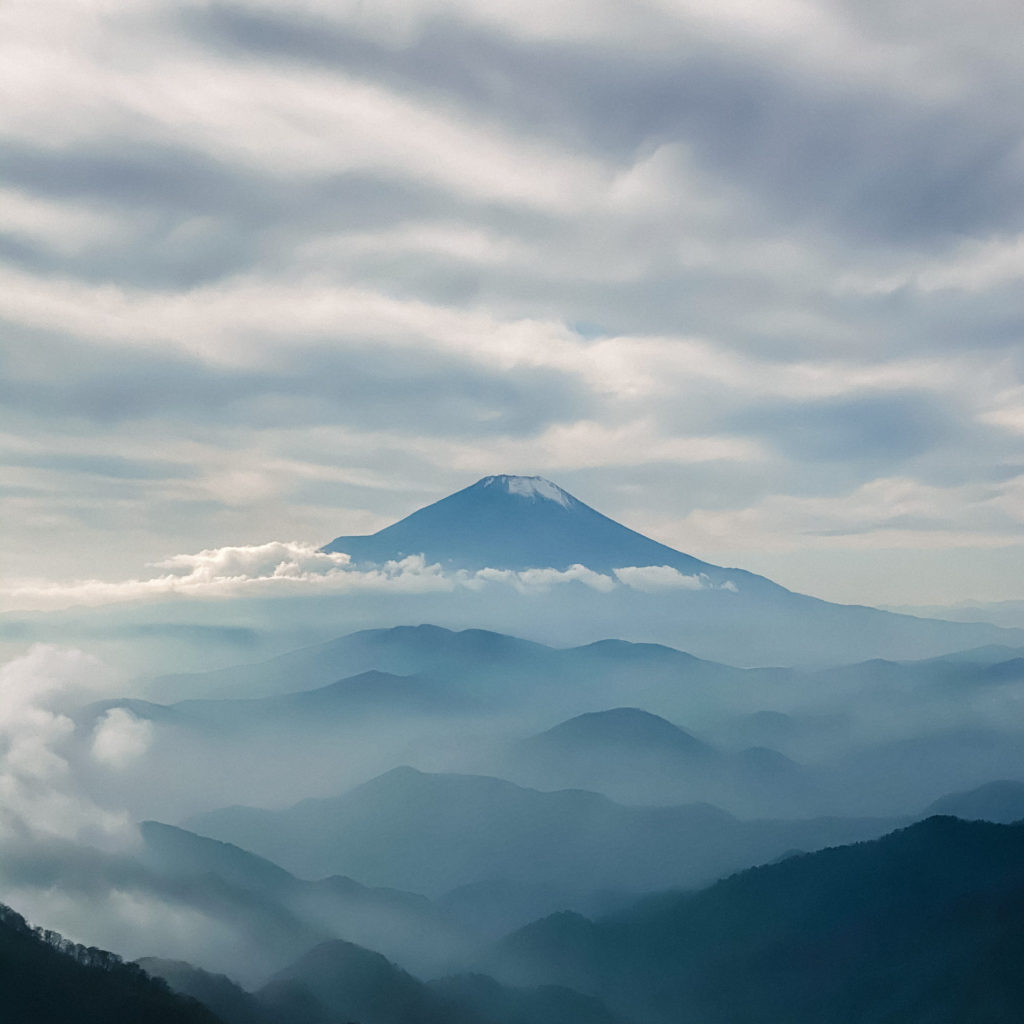In Japan, onsen have been used for a very long time. There are records of onsen in the Kojiki (Japanese mythology), Nihonshoki (Chronicles of Japan), Man'yoshu (the oldest anthology of poems), and fudoki (Chronicles of the History of Japan). In addition, there are more than 27,000 onsen in Japan and many farmers used hot springs to heal their tired bodies and improve their health during the off-season. (1)
-

-
What Is Onsen? Why Is It So Popular in Japan?
Onsen culture is an essential part of Japanese culture. What is an onsen? Why are onsen so famous in Japan? Let's take a look. What is an onsen? Onsen is often translated as "hot spring" in English. It is a bathing experience in which people soak in a tub of warm water. Especially in Japan, onsen refers to natural hot springs. The rain and snow that falls in Japan seeps into the ground and becomes groundwater, which is then heated by the heat of magma chamber to form hot springs. This warmed water is used as hot spring water that ...
続きを見る
Onsen have been familiar to the Japanese people for a long time, and they are closely linked to the culture of health promotion in Japan. Let's take a look at the benefits of onsen.
Effects of Onsen
There are two main effects of hot springs: physical effects and chemical effects.
Physical effects
Physical effects can be divided into three main types: thermal effects, buoyancy effects, and hydraulic effects.
Thermal effect
The warmth of the water improves blood circulation, promotes metabolism, and removes waste. It is also said that the thermal effect helps improve joints and muscle tension such as tight shoulders. In addition, lukewarm water (38-40 degrees Celsius) stimulates the parasympathetic nervous system, while hot water (42 degrees Celsius or higher) stimulates the sympathetic nervous system, which is in an excited state. (1)
Buoyancy effect
Buoyancy lightens the body weight and eliminates the tension that supports the body. This has the effect of relaxing the body. (1)
Water pressure effect
In hot water, water pressure is expected to produce a massaging effect. It promotes blood circulation and removes tiredness and swelling of the feet. (1)
Effects of chemical components
According to the Hot Spring Law, a hot spring is considered to be a hot spring if it meets two criteria :
- It contains certain ingredients
- It has a temperature of 25 degrees Celsius or higher.
The ingredients contained in a hot spring have various effects on the human body which are called chemical effects. (1)
What is spring quality?
What is the spring quality? In Japan, onsen are classified according to the rules of what ingredients are contained and in what proportions. Currently, there are ten types of onsen in Japan.
- simple onsen
- chloride springs
- bicarbonate springs
- sulfate spring
- carbon dioxide spring
- iron containing spring
- acidic spring
- iodine containing
- sulfur spring
- radioactive spring
The color and smell of the water varies depending on the type of spring quality.
Spring quality details
The following is information about the spring quality from the Onsen Association. Depending on the spring quality, there are certain types of onsen that are suitable for medical treatment.
| Types | Indication (For Bathing) | Indication (For Drinking) |
| Simple Springs | Autonomic Instability, Insomnia, and Depression | - |
| Chloride Spring | Cuts, Peripheral circulation failure, Excessive sensitivity to cold, Depression, Dry skin | Atrophic gastritis, and Constipation |
| Carbonated Springs | Cuts, Peripheral circulation failure, Excessive sensitivity to cold, and Dry skin | Gastroduodenal ulceration, Reflux esophagitis, Impartial glucose tolerance (Diabetes), and Hyperuricemia (gout) |
| Sulphate Springs | Cuts、Peripheral circulation failure、Excessive sensitivity to cold、Depression、Dry skin | Biliary dysfunction, Dyslipidemia, Constipation |
| Carnon dioxide springs | Cuts, Peripheral circulation failure, Excessive sensitivity to cold, Autonomic Instability | Gastrointestinal hypofunction |
| Ferrunbginous Springs | - | Iron-deficiency anemia |
| Acidic Springs | Atopic dermatitis、Plaque psoriasis、Impartial glucose tolerance (Diabetes)、Epidermoid suppuration | - |
| Lodine-containing springs | - | Dyslipidemia |
| Sulphur Springs | Atopic dermatitis、Plaque psoriasis、Chronic eczema、Epidermolysis( and Peripheral circulation failure as well in hydrogen sulfide type | Impartial glucose tolerance (Diabetes)、Dyslipidemia |
| Radioactive Springs | Hyperuricemia (gout)、Rheumatoid arthritis、Ankylosing spondylitis, etc. | - |
Reference: (1) HAYASAKA, S. (2020). Hot Spring (Onsen) and Health. Journal Of The Japan Society Of Applied Electromagnetics And Mechanics, 28(3), 196-201. doi: 10.14243/jsaem.28.196

